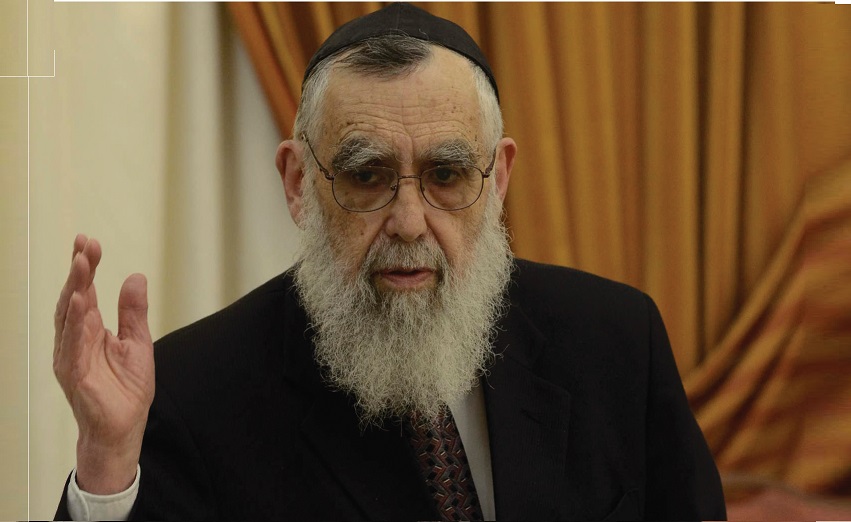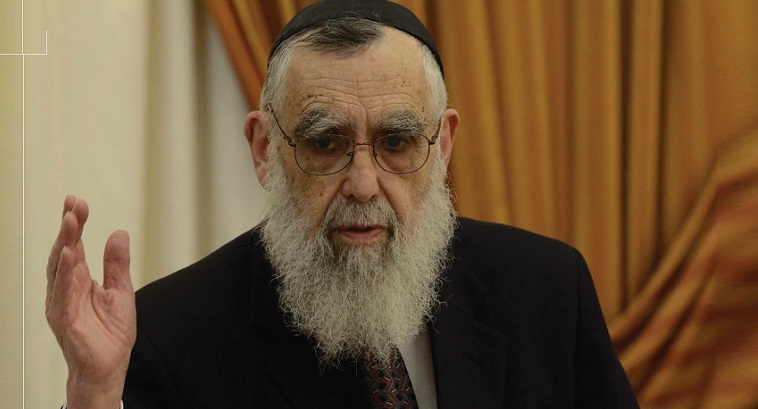The Rav and the Gaon

Today the title Gaon is loosely bandied about by ad writers and journalists
Even a cursory perusal of the religious Hebrew press these days could lead to the conclusion that we are living in a dor dei’ah,
a rare generation of Torah scholars. Search this media for the classic appellation “Harav,” and you will find nothing, for no one is called simply “Harav” any more. These days, that honorific requires an adjective, like Harav Hagaon. Reading the various columns, ads, and announcements, one is struck by how many tzaddikim and geonim amitiim and geonim tzaddikim we have in this generation. Has there ever been a generation like ours where there is such a proliferation of geonim and tzaddikim? Ours is either the most learned generation in Jewish history, or the most hyperbolic.
“Gaon” was once a rare sobriquet bestowed by common acclaim on a chosen few in every generation. The title was reserved for that rare individual who knew all of Torah, Talmud, codes, and commentaries at his fingertips, who was literally a walking repository of Torah scholarship, and a living embodiment of personal holiness and sanctity. The Vilna Gaon, who is considered to be on the level of Maimonides, comes to mind, as do the Rogatchover Gaon, Saadia Gaon, and Rav Hai Gaon.
Today, however, the title Gaon is loosely bandied about by ad writers and journalists.
To be sure, our generation has its share of genuine, bone fide geonim, but the term has become so widespread that it has become diluted and has lost its classic meaning. It almost requires its own attached honorific, which is what we find today: Gaon Hagadol (“Great Gaon”) Gaon Ha’amiti (“true Gaon”’) or Gaon Hatzaddik (“Righteous Gaon”). To be addressed simply as Harav Hagaon is meaningless and commonplace, and to be addressed only as Harav is almost demeaning. It’s as if every newly conscripted buck private in an army were called “General.” Inflation, it turns out, is not only economic; it has run out of control verbally.
Recently, one of my rabbinical colleagues was seated at a wedding where he was honored by being called, with the title of Harav Hagaon, to recite a brachah under the chuppah. He did not move from his chair. The people around him told him that his name was called, but he refused to budge. They insisted that they heard his name, but he insisted that there was some mistake, and that his name was not called.
“I am not Harav Hagaon,” he said with a smile, “I am simply Harav. Obviously, they must have meant someone else.”
After some small delay, the MC called out his name again, this time without “Hagaon,” and this time he arose from his chair and recited the brachah. This was a courageous attempt to make the point, it created some buzz, but it had no lasting effect.
It is not a world-shattering issue, but one does occasionally wonder where it is all headed. What is the next plateau? Is it Harav Hagaon Hagadol? And when that reaches its saturation point and when every newly minted and ordained rabbi is addressed as Harav-Hagaon-Hagadol-Ha’amiti-Hatzaddik, where do we go from there? Perhaps then the balloon will explode, common sense will return, and Harav will once again be restored to its rightful place of honor. Bayom hahu, on that day, the titles will be one and the honorifics one….
Until that blessed moment, those who wish to bear titles of distinction are making one request: Please call me Mister.
(Originally featured in Mishpacha, Issue 1008)
Oops! We could not locate your form.





